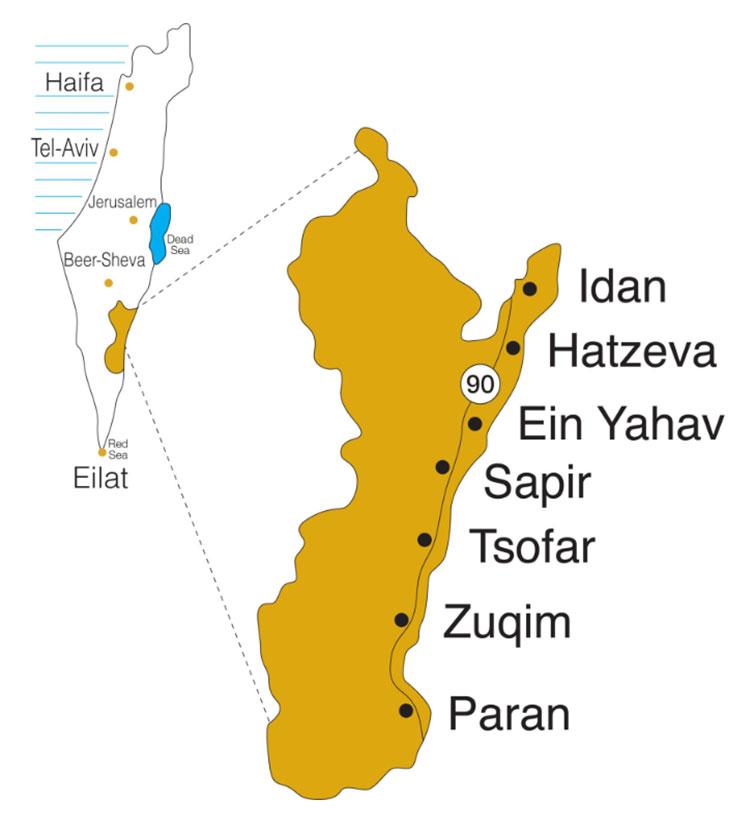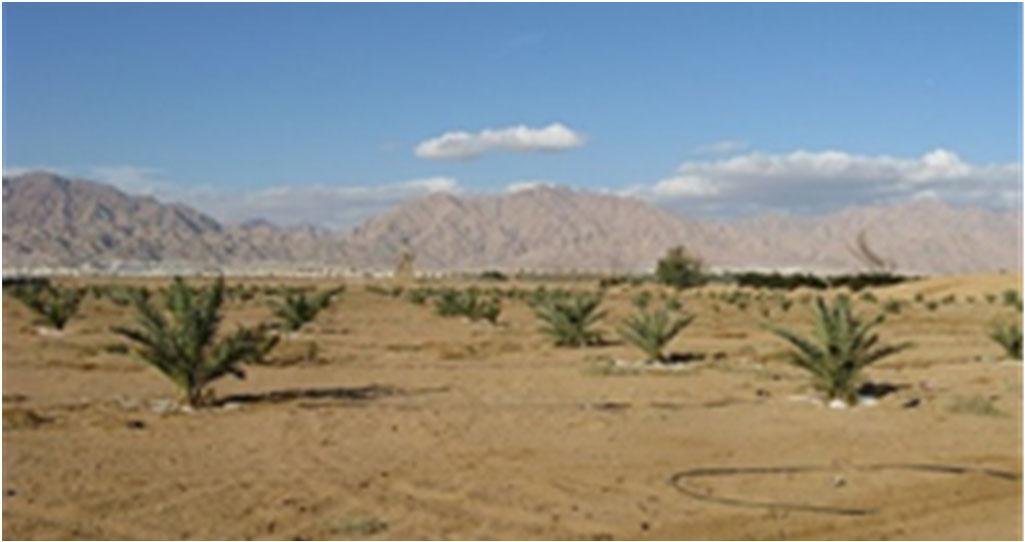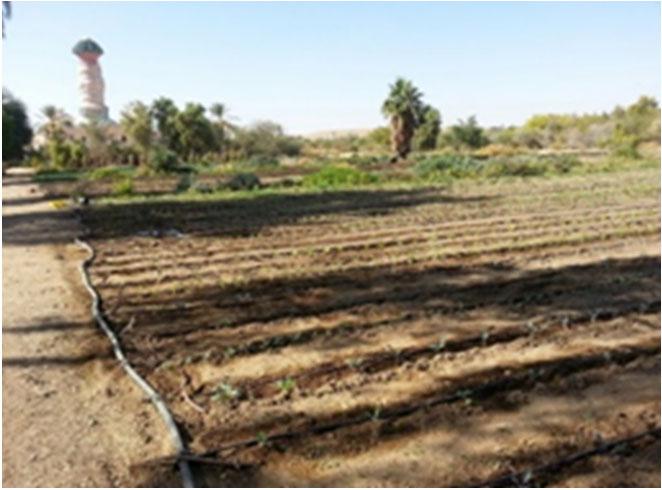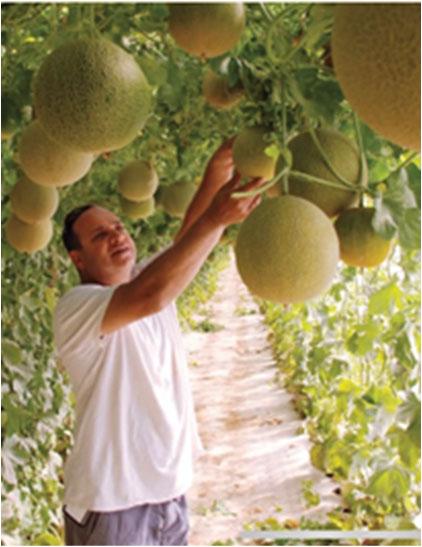
2 minute read
Israel Engagement Committee
Tikkun Olam - The Israeli Green Revolution
By: Robin Santiago
Advertisement
Who would believe that the Arava, a small strip of desert along the Jordan River between Beersheva and Eilat, is home to one of the most vibrant experiments in agriculture? A thriving educational powerhouse, this community is passing on this knowledge to communities in the Middle East, Africa, Asia, the Western hemisphere, and Europe – a global reach indeed! Israel has always been willing and eager to share her knowledge and knowhow – it’s in our DNA.

The Arava Valley
By the isolated SE frontier, along the fenceless border with Jordan, sit a series of 7 communities from Idan in the north to Faran in the south. This area is not connected to the National Water Grid and receives less than 1” of rainfall annually, yet these 600 family farms produce 50% of Israel’s fresh vegetable exports! Each farm is assigned a window within which they may water their crops, so precision is KEY! Through very effective water use and incredible agriculture research and design, they are a world leader in advanced arid agriculture. Sustainable agriculture is essential in meeting the challenges of our increasing world population and the annual desertification of some 12 million hectares of fertile land.

Drip irrigation
Through AICAT (Arava International Center for Agricultural Training) and other programs, Israel shares her knowledge and skills with the world. AICAT alone hosts over 1000 students annually from all over the globe, turning farmers into entrepreneurs who can create sustainable farms and related businesses in their home countries. Graduates number over 25K and come from 16 countries in Africa and Asia, all benefiting from this newly acquired agricultural expertise.

Growing melons in the Arava
The Arava Institute for Environmental Sciences (AIES) provides educational programs, research centers, and international initiatives focused on environmental issues. Every year some 50 students from the region and around the world come to study there, building bridges between communities to solve issues of great concern to the health and well-being of the planet we share and the peoples who inhabit her. JNF funding supports these and other critical projects in sustainable agriculture and water conservation.
CO-CHAIRS: Sharon Efron, sgredancer@yahoo.com; Robin Santiago, Robin@rsantiagodmd.com







